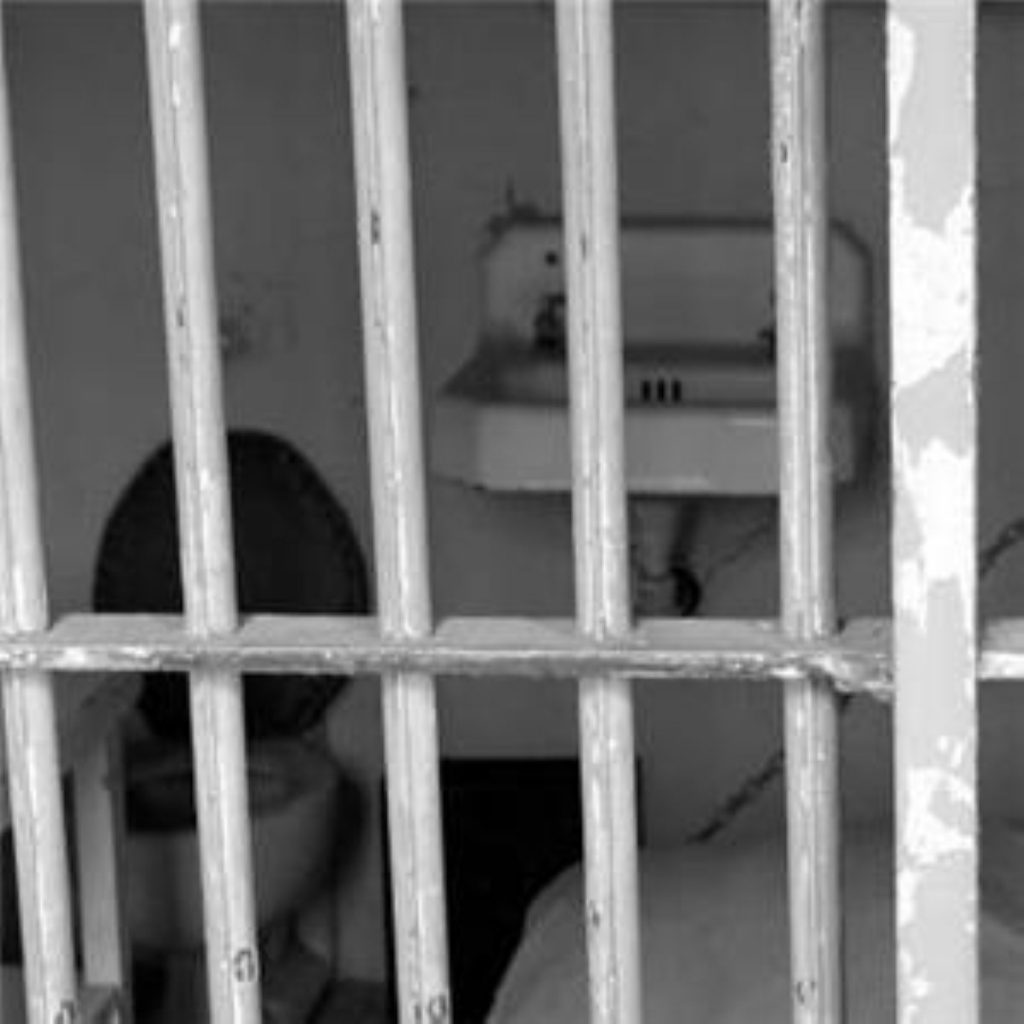Prison deaths ‘avoidable’
The Prison Service is failing to avoid preventable deaths in custody, it was reported today.
The Forum for Preventing Deaths in Custody said around 600 people a year died in custody and many of these deaths could and should have been prevented.
Although some inmates die through natural causes, many deaths follow apparent suicide attempts or other non natural causes.
Following a year and a half of observation, the independent forum concluded there was a need for a more intelligent process to identify at-risk prisoners and share information.


However, it noted its research had been hampered by a lack of support and resources.
John Wadham, legal group director for the Commission for Equality and Human Rights and chair of the forum said: “The forum very much welcomes this review as the current lack of resources has made the group’s task a difficult one.
“We have not been able to conduct or commission research into any of the issues we believe are worthy of it, and we have no capacity to monitor or report on the recommendations that may be made as result of investigations, inspections or inquests.”
Mr Wadham has invited Ministry of Justice minister Maria Eagle to discuss the issues raised in the report, which she has accepted.
Ms Eagle responded: “The government welcomes the forum’s first annual report and is grateful to its chair John Wadham and all its members for their commitment to reducing the number of deaths in custody.
“We have supported the forum’s work during the first 18 months of its existence and will continue to take a close interest in its work over the coming year.
“There are clearly lessons arising from many of the deaths in custody each year and the Forum plays an important part in helping organisations to learn from these.”
“The government has acknowledged the forum’s call for an increase in its resources and has commissioned a review of the current arrangements with a view to strengthening them.”
The Fawcett Society said the continuing rise in custody deaths shows the prison service is struggling to cope with overcrowding.
Jon Collins, senior policy officer, said: “The high number of prisoners with mental health problems and the increased pressures caused by overcrowding are preventing the Prison Service from keeping prisoners safe.”
Women are more likely than men to take their own life in custody, with seven female inmates committing suicide so far this year.
The Fawcett Society argues it is often unnecessary to imprison women and the government must do more to prevent unnecessary deaths caused by imprisoning women.
Mr Collins said: “How many more women prisoners must die before we stop sending vulnerable women, many of whom haven’t even committed a violent offence, to prison.”
The Joint Committee on Human Rights warned last month that prison overcrowding was putting all inmates’ lives at risk.
It found an “overwhelming weight of evidence” that prison overcrowding hampered efforts to reduce deaths in custody.
Moreover the committee was “profoundly concerned” the prison population contains some of the most vulnerable people in the country, with prisons not able to deal with the needs and volume of vulnerable inmates.
Anne Owers, the chief inspector of prisons, told the committee that it was “verging on the impossible to provide the right kind of environment” in prisons for people who are seriously mentally ill because: “Prisons are not by their nature therapeutic environments. They are not places where prisoners can compulsorily be treated.”









